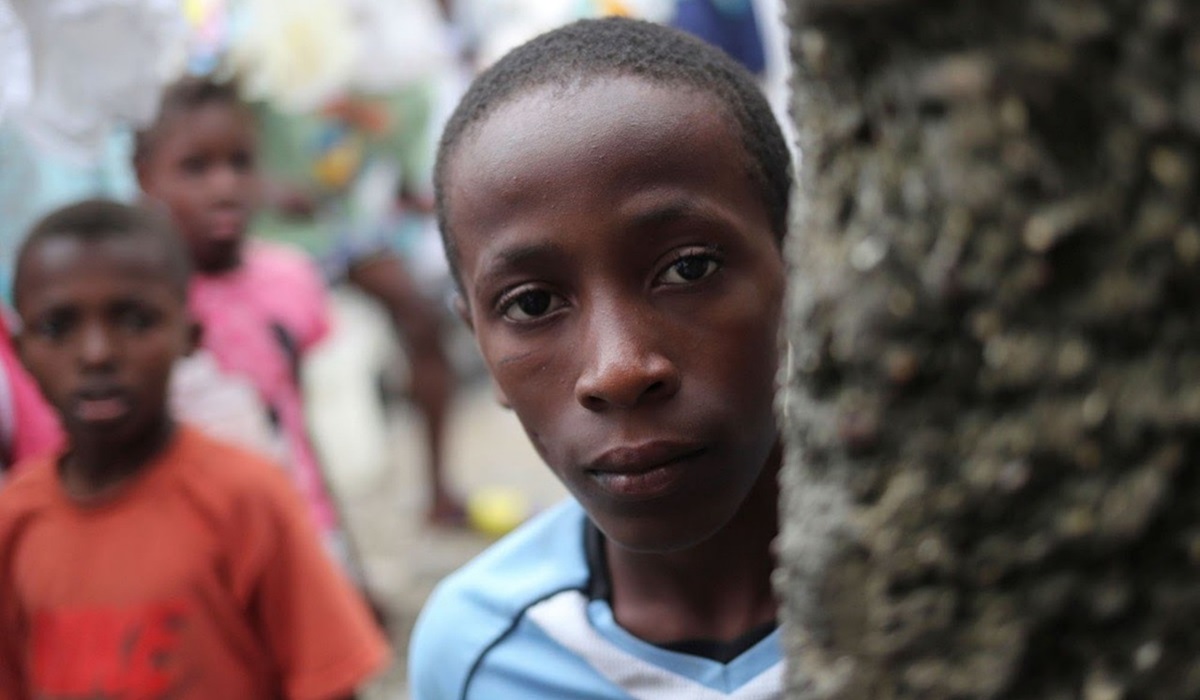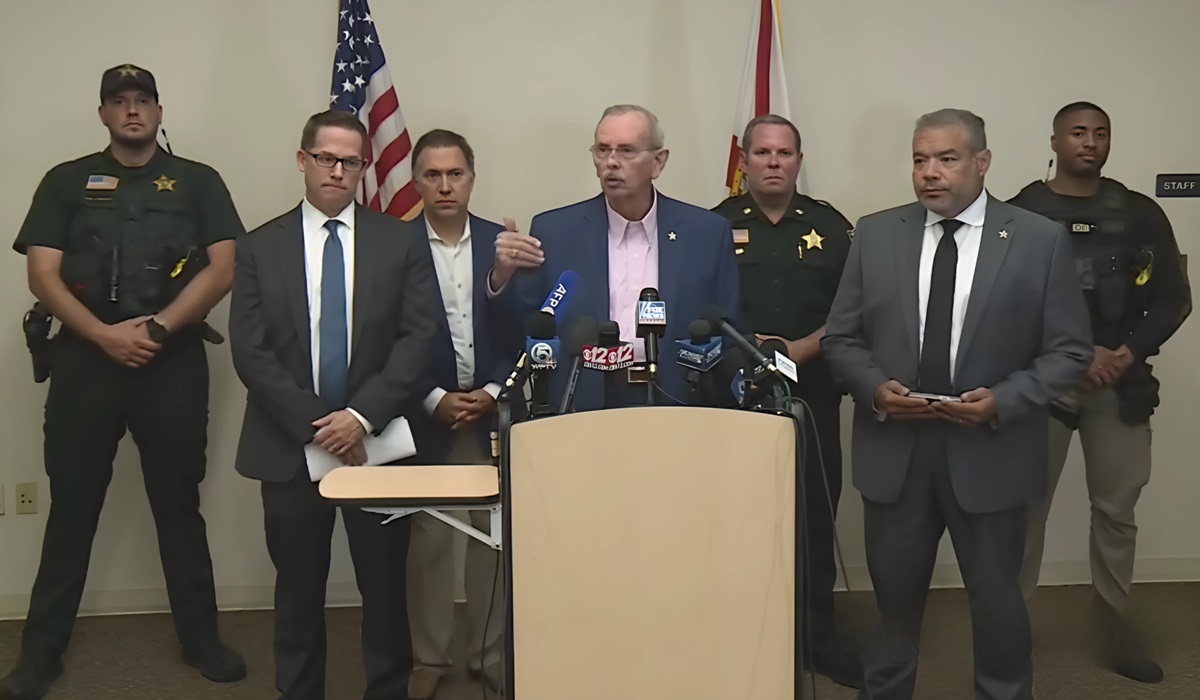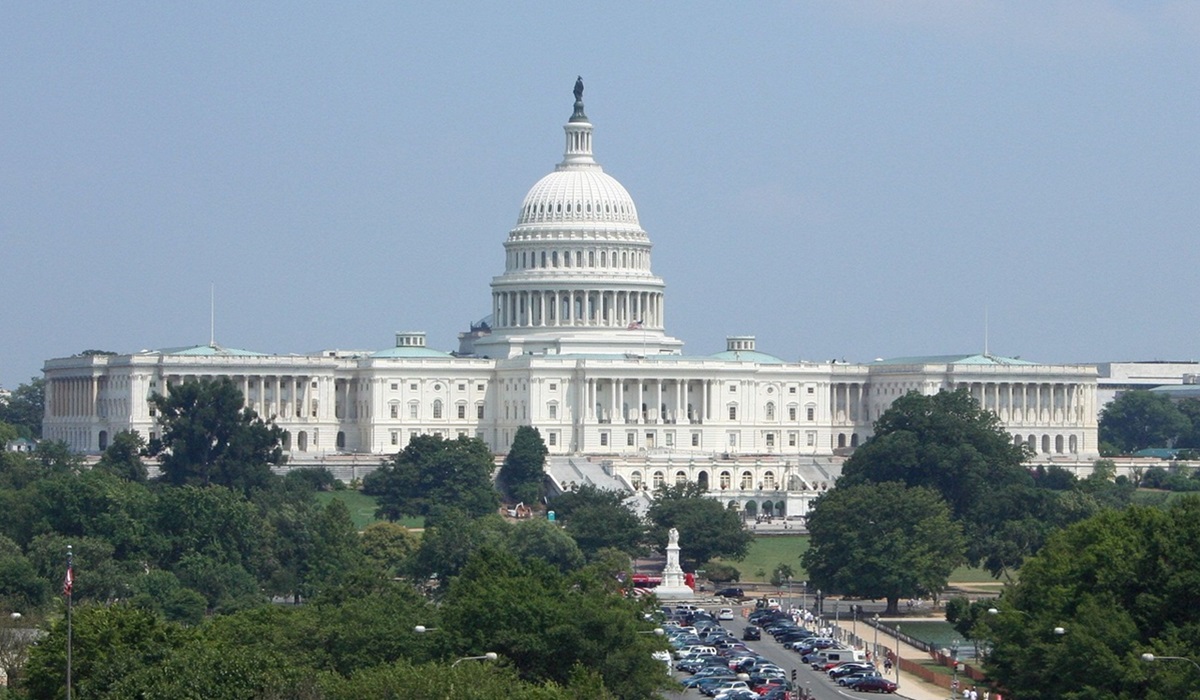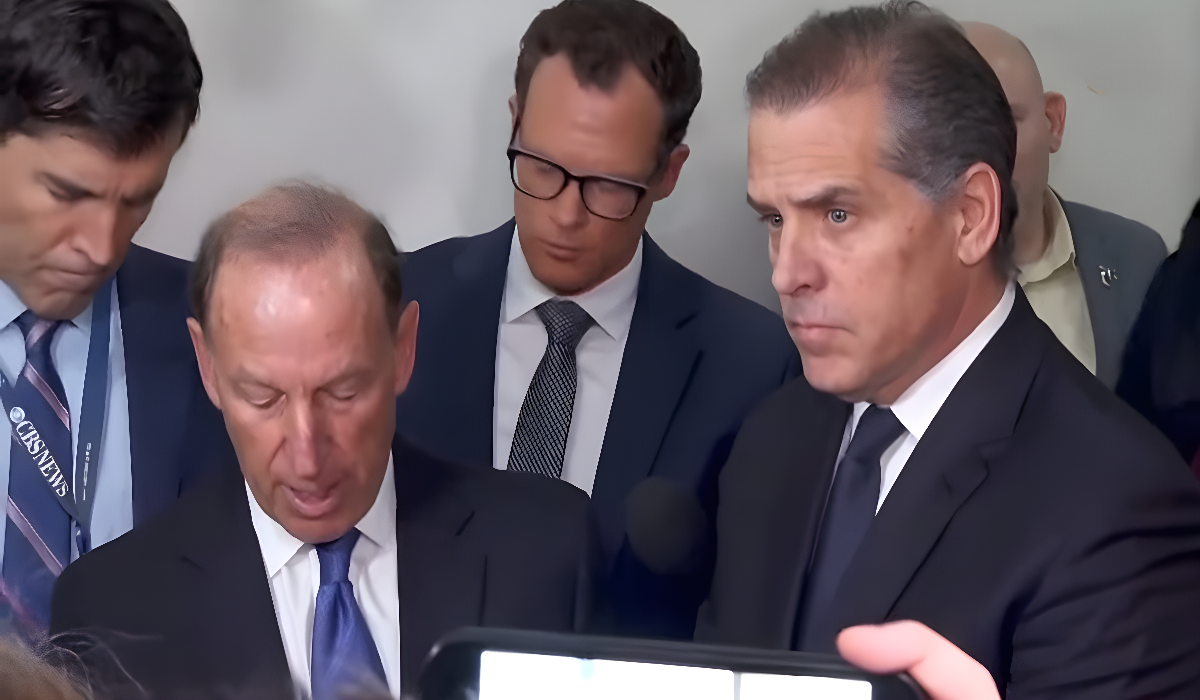Haitian Voters in Swing States Could Decide 2024: Will Trump’s Controversial Remarks Cost Him?
- Naomi Dela Cruz
- U.S.A
- September 13, 2024

Image Credit, Betty Ward
The recent presidential debate between former President Donald Trump and Vice President Kamala Harris has sent shockwaves through the Haitian community and beyond, following Trump’s controversial remark that has yet to be retracted. During the debate in Springfield, Illinois, Trump referred to the Haitian community, claiming they “eat dogs and eat cats.” This statement has sparked outrage, particularly among Haitian Americans, and Trump’s refusal to apologize or clarify has only deepened the controversy. So far, Trump and his Republican allies have either deflected or outright ignored questions regarding the remark, dismissing it as a misunderstanding or a distraction from more pressing campaign issues. However, for many in the Haitian community, the comment is far from a minor issue.
This incident is only the latest in a series of inflammatory remarks that have marked Trump’s political career. His history of making incendiary and offensive statements goes back years, and this particular comment echoes the rhetoric he’s used in the past. From his infamous 2015 remarks labeling Mexican immigrants as “rapists” to his description of African nations as “shithole countries” in 2018, Trump has repeatedly used inflammatory language when referring to minority communities. His off-the-cuff “grab them by the pussy” comment about women during the 2016 election remains another stark example of his penchant for incendiary and derogatory remarks. Now, as his latest comment targets Haitian Americans, the implications may be more politically significant than ever before.
The timing of this comment could not be more crucial. Haitian Americans, especially in key swing states like Florida, represent a significant voting bloc that no candidate can afford to alienate. In Florida alone, over 300,000 eligible Haitian voters could tip the scales in critical counties, potentially determining the overall outcome of the state in the 2024 election. Beyond Florida, millions of Haitian Americans across the country are eligible to vote, and Trump’s comment is likely to resonate deeply within this community as the election approaches. Given the razor-thin margins that often define U.S. presidential races, the Haitian vote could play a decisive role in pivotal battleground states.
Leaders within the Haitian community have been quick to condemn Trump’s comment and are calling for an immediate apology. Elected officials, community organizers, and Haitian-American political leaders have demanded that Trump address the issue head-on, arguing that the remark is not only offensive but also reflective of a broader pattern of disrespect toward minority communities. These calls for accountability are growing louder, but so far, Trump has remained silent on the matter, while Republican officials continue to downplay the significance of the comment, claiming it was either taken out of context or blown out of proportion.
The broader Republican response has been equally muted, with many GOP figures sidestepping the issue altogether. Some have deflected by criticizing the media for focusing on the remark, accusing reporters of sensationalizing the debate instead of addressing substantive policy issues. Others have insisted that Trump’s comment was not meant to be taken literally and that he was simply engaging in hyperbole. But for Haitian Americans, who have faced decades of political and social marginalization in the U.S., the comment feels like yet another instance of being singled out and disparaged by those in power.
What remains to be seen is whether Trump’s words will have lasting consequences for his campaign. The political landscape is already intensely polarized, and while Trump’s base has historically stood by him through a series of controversies, this latest remark could alienate voters outside of his core supporters. In particular, the Haitian-American community has historically leaned Democratic, but any hope Trump might have had of making inroads with this group now seems severely undermined by his latest gaffe.
For Vice President Kamala Harris, Trump’s remark has presented an opportunity to shore up support from immigrant and minority communities, and her campaign has been quick to seize on the controversy. Harris has condemned Trump’s statement, aligning herself with the Haitian community and emphasizing the importance of respecting and uplifting immigrant populations. Her response has highlighted the stark contrast between the two candidates, as she continues to position herself as a more inclusive and empathetic leader.
As the 2024 election nears, the question remains whether this latest incident will be a defining moment in the race. With the Haitian community and its leaders demanding an apology and Trump showing no signs of backing down, the issue could become a flashpoint in the final weeks of the campaign. Given the tightness of the race and the significance of Haitian-American voters, especially in swing states, this comment could prove costly for Trump.
The legacy of Trump’s past comments lingers in the political consciousness of voters, particularly those from immigrant and minority communities. Whether it was his declaration that Mexicans were “rapists,” his labeling of African countries as “shithole” nations, or his derogatory remarks about women, Trump has often stirred controversy with his words. This latest comment, targeting the Haitian community, adds yet another chapter to that legacy, and its impact on the election will depend on whether voters, particularly Haitian Americans, decide to hold him accountable at the ballot box.
In the end, the political fallout from this incident will hinge on whether Trump addresses the issue or allows it to fester. The Haitian community is watching closely, as are voters from other minority groups who have also been the target of Trump’s rhetoric in the past. In a race where every vote counts, no candidate can afford to alienate key demographics, and for Trump, this may be a test of whether his past comments can continue to go unchallenged or if this time, the backlash will be too great to ignore. Whether this controversy lingers in the minds of voters come November, or whether it fades into the background of an already contentious campaign, is a question that could define the election.








